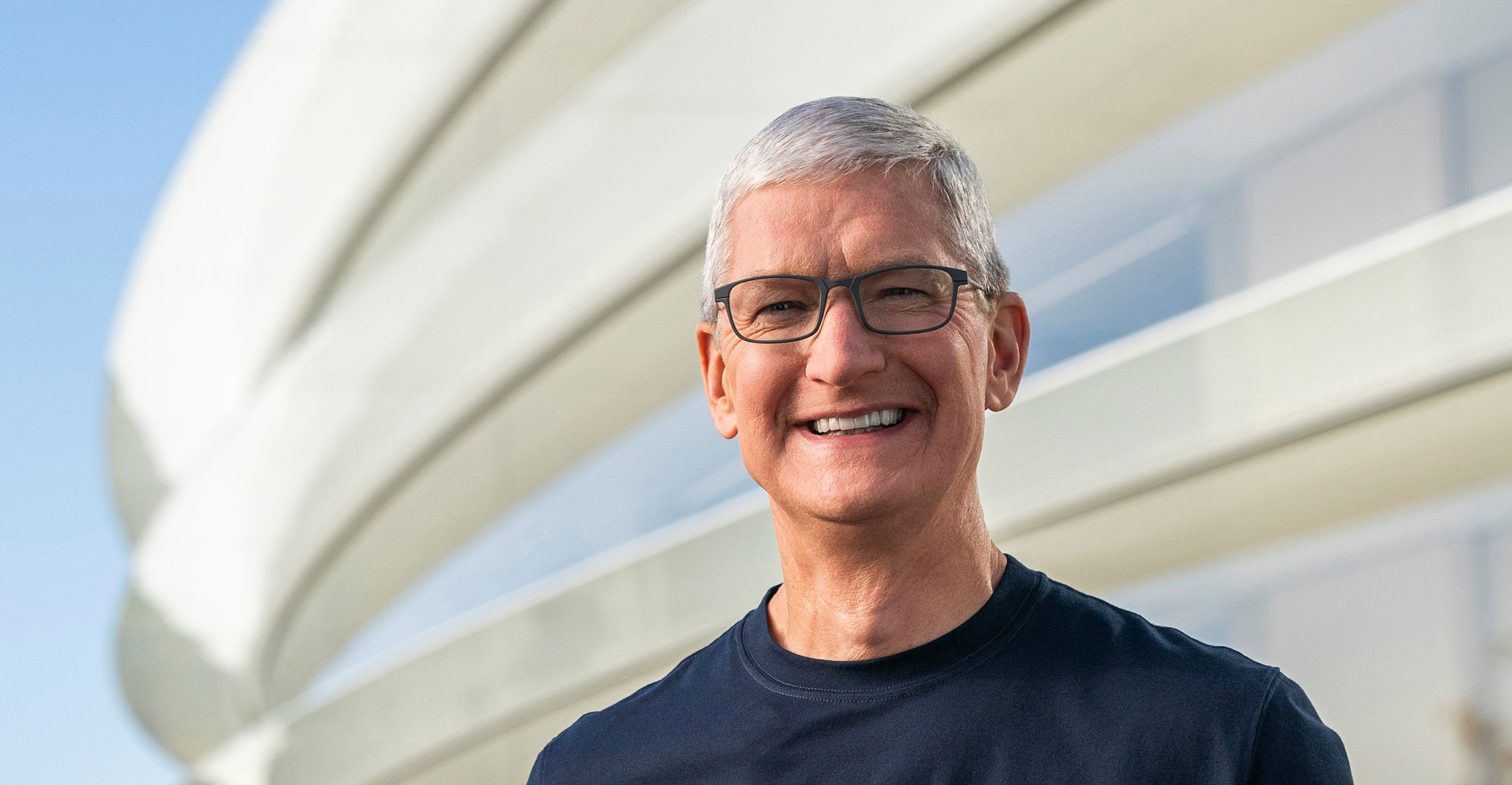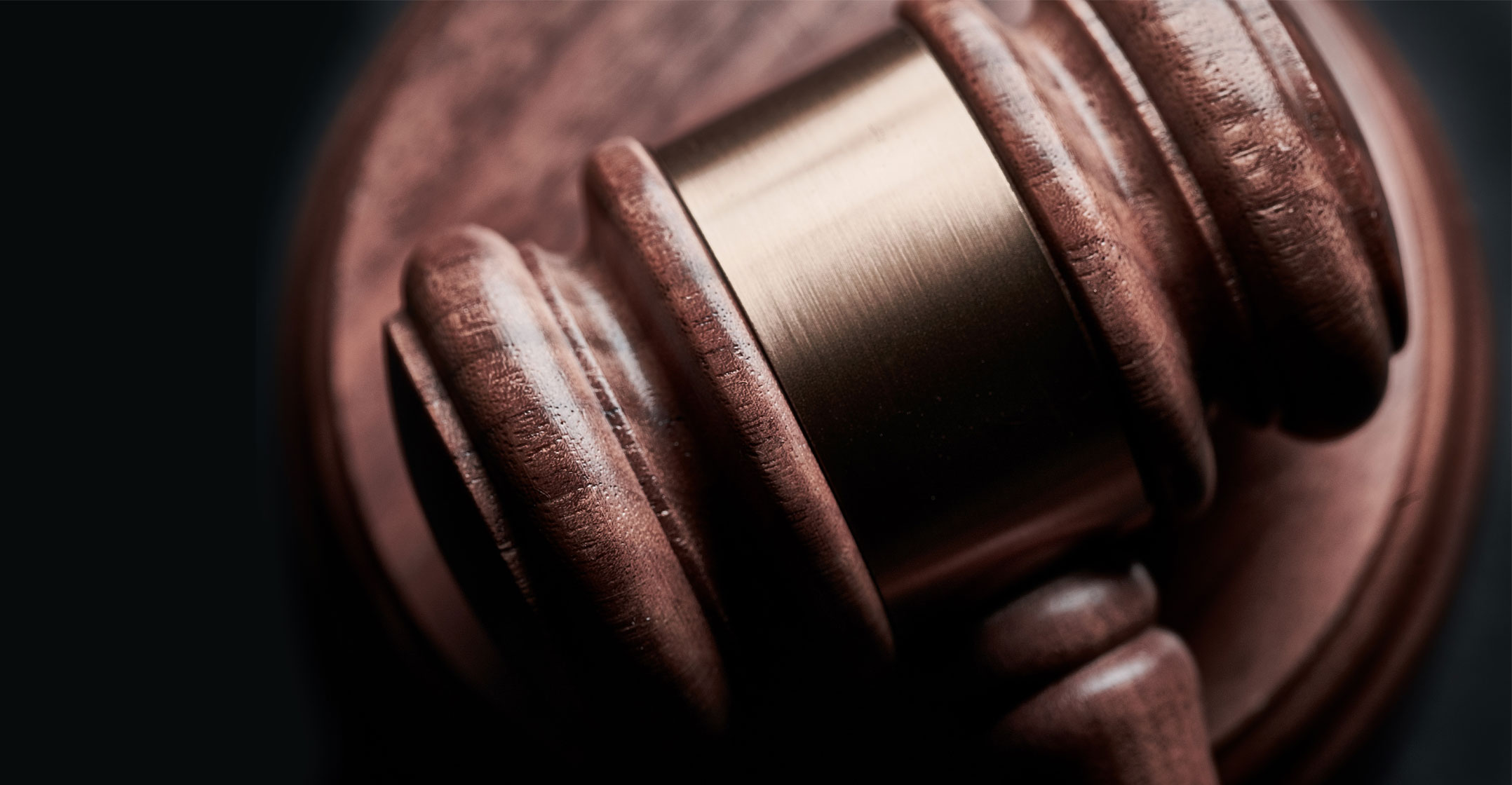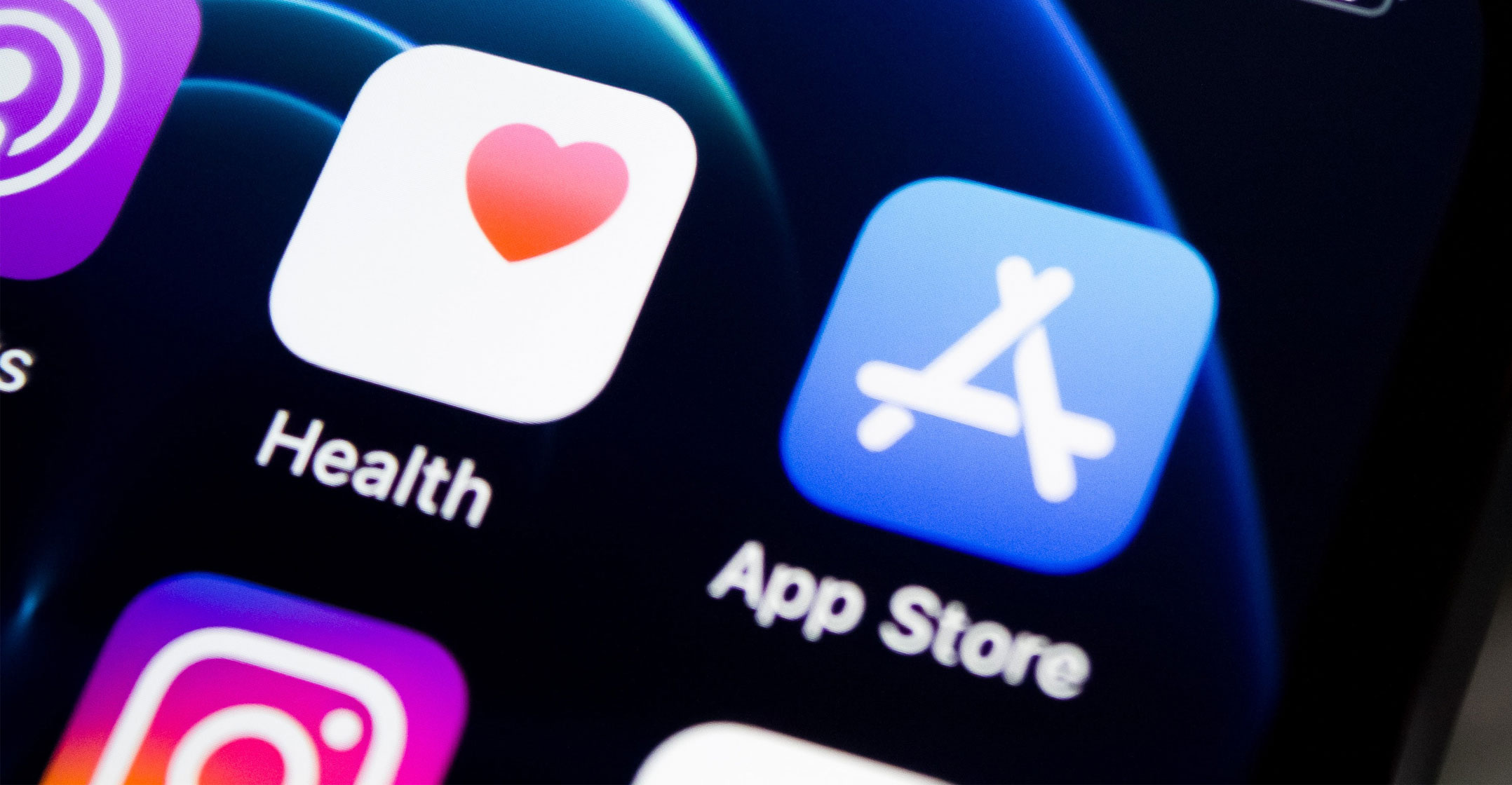
Inside the imposing beige and white limestone-walled federal courthouse in downtown Oakland, lawyers clad in face masks and plastic shields and armed with cartloads of corporate documents are brawling daily over tech arcana — the Byzantine rules that govern Apple’s App Store.
The contours of Epic Games’ complaint are widely known: The game developer alleges that Apple keeps too much of the revenue raised by businesses selling wares in the marketplace and that its rules are unfair and anticompetitive. Apple CEO Tim Cook will take the stand as soon as Friday to argue that Apple’s rules ensure a secure and seamless user experience and that developers make money through the App Store.
Should Apple’s defences fail to persuade the judge, Yvonne Gonzalez Rogers, a ruling in Epic’s favour would loosen Apple’s grip on its store and could upend the way millions of developers distribute apps to handheld device users the world over.
The implications of Epic’s struggle against Apple stretch far beyond the US$142-billion world of apps. They strike at the fundamental role played not only by Apple, but also Google, Amazon.com and Facebook as the new gatekeepers of the digital economy. Over the last decade, all four companies have built and held sway over the vast digital marketplaces on which their competitors do business. Amazon, for instance, provides infrastructure to millions of small e-commerce sellers while also selling its own products to the same customer base. Google and Facebook make money from ads alongside news and other information on their pages, but content providers have little control over how it’s displayed — and many don’t share in the spoils.
Not only Epic
It’s not just Epic that takes issue with these kinds of arrangements. Legislators and regulators are also examining whether large technology companies have taken their gatekeeper role too far, and they’re paying close heed to what transpires in the case. Even if Apple prevails in this proceeding, the evidence outlined in the Oakland courtroom casts a harsh spotlight on tech’s power and will help build the larger case against platform operators.
“Win or lose, the case has the potential to draw more attention to this really serious problem of market power held by tech platforms acting as gatekeepers,” said Rebecca Haw Allensworth, who teaches antitrust law at Vanderbilt Law School.
Concerns over the industry’s power have been building for years, but came to the fore during the 2020 US presidential race, when Democratic candidate Elizabeth Warren, a US senator from Massachusetts, complained that tech platforms create conflicts of interest by both running platforms and competing on them with their own products, a dual role that she said is harming competition. Warren proposed breaking up companies through a law that would designate these marketplaces “platform utilities” and mandate a separation between them and any platform participant, including their owners.
 US lawmakers took up the cause last year, releasing a report that accused Apple and the other big tech platforms of abusing their dominance. It recommended that the US congress pass legislation that would sharply curb tech’s power over competitors, including prohibitions on giving preference to their own products, and declare the platforms “essential facilities” that would require them to provide access to infrastructure.
US lawmakers took up the cause last year, releasing a report that accused Apple and the other big tech platforms of abusing their dominance. It recommended that the US congress pass legislation that would sharply curb tech’s power over competitors, including prohibitions on giving preference to their own products, and declare the platforms “essential facilities” that would require them to provide access to infrastructure.
Critics draw parallels to the US monopolies of the late 19th and early 20th centuries, the railroads that ruled access to commodities markets, and oil and steel companies that eliminated competition through acquisitions. “Companies that once were scrappy, underdog start-ups that challenged the status quo have become the kinds of monopolies we last saw in the era of oil barons and railroad tycoons,” congressional investigators concluded.
Allensworth at Vanderbilt said the Epic-Apple case has the potential to shape the larger body of lawmaking against the tech industry. “The common law changes one case at a time, and it moves two degrees each time you have a case, and before you know it, you’ve really altered the course of the common law,” she said. “If I were a big tech company, I would be very concerned that that could happen again.”
When Cook takes the stand, he’ll likely be questioned about Apple’s app strategy and the competitive landscape. He’s also scheduled to be Apple’s final witness, giving him a critical chance to sway Gonzalez Rogers, who will decide the case without a jury.
The US department of justice, which has already sued Google on antitrust grounds, is investigating Apple over its App Store practices. The Federal Trade Commission sued Facebook, alleging monopolistic behaviour, and is probing Amazon along with state attorneys-general. To build arguments, the regulators have interviewed businesses about their experiences, many of which echo Epic’s grievances.
Google, too
Google runs an app store, too. And like Apple, it collects fees as high as 30% — to the dismay of smaller businesses. It also behaves in other ways that irk rivals and regulators. US lawmakers, news organisations and other website publishers have accused Google of stealing the news and information it gathers from across the Web to keep users glued to its pages and services.
A common gripe against platform owners is that they capriciously change the rules by which their marketplaces run — for instance, tightening the requirements for inclusion or tweaking the algorithms that determine how a publisher’s content is ranked. Many businesses missed out on sales in the run-up to the holiday season last year after Facebook’s artificial intelligence mistook their content for political advertising, which was banned around the time of the US presidential election.
Amazon has been accused by small players that use its marketplace of taking the intelligence it gathers on their business to develop and promote competing products. Some sellers also complain that the e-commerce giant forces them to use its adjacent services, such as advertising or product fulfilment.
 Debate over the industry’s gatekeeping is not restricted to the US. Germany’s antitrust watchdog said on Tuesday it’s opening a case against Amazon, exploring whether the e-commerce giant is behaving anticompetitively. Last month, the EU hit Apple with an antitrust complaint objecting to iPhone maker’s requirement that developers use its in-app purchase system for payments. Regulators also question the company’s ban on developers directing users to alternative ways to subscribe to a service — a way of circumventing Apple’s fee.
Debate over the industry’s gatekeeping is not restricted to the US. Germany’s antitrust watchdog said on Tuesday it’s opening a case against Amazon, exploring whether the e-commerce giant is behaving anticompetitively. Last month, the EU hit Apple with an antitrust complaint objecting to iPhone maker’s requirement that developers use its in-app purchase system for payments. Regulators also question the company’s ban on developers directing users to alternative ways to subscribe to a service — a way of circumventing Apple’s fee.
The bloc also is debating new rules that would severely curb the business practices of tech platforms. Companies deemed to be “gatekeepers” won’t be allowed to rank their offerings above rivals on their own platforms, or use competitors’ data to compete with them. Companies could face fines of as much as 10% of their revenue if they don’t comply.
Australia’s competition regulator said last month that Google and Apple have “significant market power” in app distribution and noted concerns with Apple and Google restrictions that require developers to use the companies’ payment systems for any in-app purchases.
Antitrust experts say one issue in the Epic case they’re watching, and that could have implications for other platforms, is how the judge defines the market for games. Epic argues Apple’s App Store is the market, while Apple says there are many places to get Epic’s games, including Android and gaming consoles.
The issue is important because if the judge sides with Epic — say, by noting that people rarely switch between Android and Apple — it means Apple has a monopoly. That would make it easier for companies or the government to win antitrust cases against Apple. It’s a question that hangs over the other platforms as well. Is Facebook its own market, or is there a broader market that includes companies like Twitter and TikTok?
“That’s half the battle if you’re a plaintiff bringing a case — proving market power or monopoly power,” said John Newman, who teaches antitrust at the University of Miami School of Law. “Calling a company’s product a market, it definitely opens up the floodgates to more litigation against that company because anything they do is conduct by a monopolist.” — Reported by David McLaughlin and Sarah Frier, (c) 2021 Bloomberg LP

